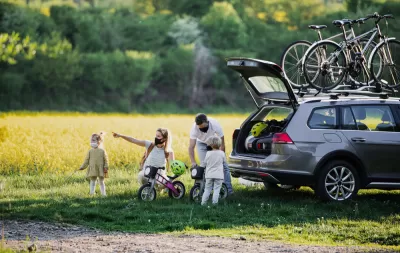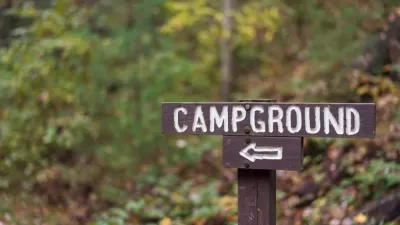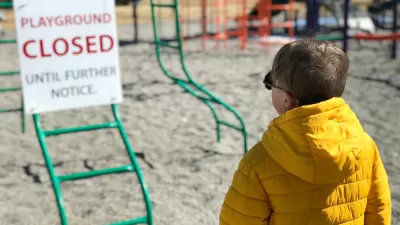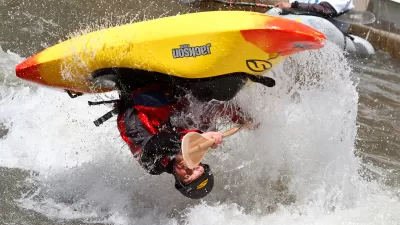A new report commissioned by the Outdoor Industry Association offers valuable insights about Americans’ engagement in outdoor activities amid the COVID-19 pandemic.

Amidst the COVID-19 pandemic restrictions, more Americans have turned to the great outdoors, some for the first time and others for the first time in many years. The Outdoor Industry Association (OIA) commissioned a special report from research partner NAXION to study and provide insights about Americans’ engagement in outdoor activities during the pandemic. Specifically, the report examines demographics and psychographics of new outdoor participants which are defined as people who participated in an outdoor activity for the first time during the pandemic or after a significant lapse.
Some of the report's key findings are:
- Those who participated in an outdoor activity for the first time alone did so close to home and chose an activity with a low barrier to entry (e.g., walking, running, biking, hiking, etc.).
- More than 60 percent of those who started or resumed walking, bicycling, fishing, or running/jogging intend to continue once restrictions lift.
- The top reasons for starting an outdoor activity during the pandemic include getting exercise, staying healthy, and getting out of the house.
- Walking is the most commonly reported new outdoor activity. One-quarter of new participants report that they picked up running/jogging and/or bicycling. Birdwatching and fishing form a third tier of new or resumed activities.
- About one-quarter of new participants say they don't want to continue their outdoor activities. Among the few that aren’t likely to continue their new outdoor activities, the top barriers include travel, resuming other activities, and family demands.
- A lack of information about where to go, how to participate, and whom to participate with can be a barrier to trying new outdoor activities. Providing this kind of information could keep new participants engaged and attract others.
For more information, please review the report in its entirety.
FULL STORY: 2021 Special Report: New Outdoor Participant (COVID and beyond)

Alabama: Trump Terminates Settlements for Black Communities Harmed By Raw Sewage
Trump deemed the landmark civil rights agreement “illegal DEI and environmental justice policy.”

Study: Maui’s Plan to Convert Vacation Rentals to Long-Term Housing Could Cause Nearly $1 Billion Economic Loss
The plan would reduce visitor accommodation by 25% resulting in 1,900 jobs lost.

Planetizen Federal Action Tracker
A weekly monitor of how Trump’s orders and actions are impacting planners and planning in America.

Waymo Gets Permission to Map SF’s Market Street
If allowed to operate on the traffic-restricted street, Waymo’s autonomous taxis would have a leg up over ride-hailing competitors — and counter the city’s efforts to grow bike and pedestrian on the thoroughfare.

Parklet Symposium Highlights the Success of Shared Spaces
Parklets got a boost during the Covid-19 pandemic, when the concept was translated to outdoor dining programs that offered restaurants a lifeline during the shutdown.

Federal Homelessness Agency Places Entire Staff on Leave
The U.S. Interagency Council on Homelessness is the only federal agency dedicated to preventing and ending homelessness.
Urban Design for Planners 1: Software Tools
This six-course series explores essential urban design concepts using open source software and equips planners with the tools they need to participate fully in the urban design process.
Planning for Universal Design
Learn the tools for implementing Universal Design in planning regulations.
Caltrans
Smith Gee Studio
Institute for Housing and Urban Development Studies (IHS)
City of Grandview
Harvard GSD Executive Education
Toledo-Lucas County Plan Commissions
Salt Lake City
NYU Wagner Graduate School of Public Service





























